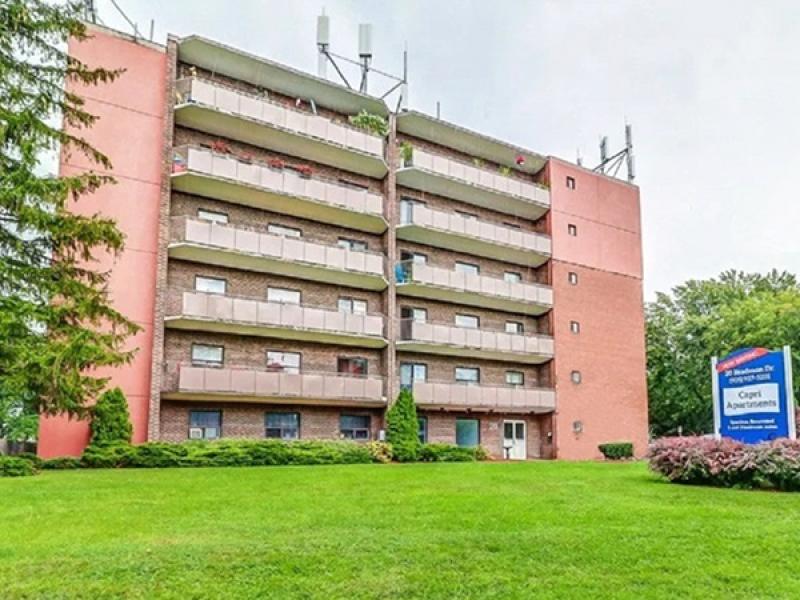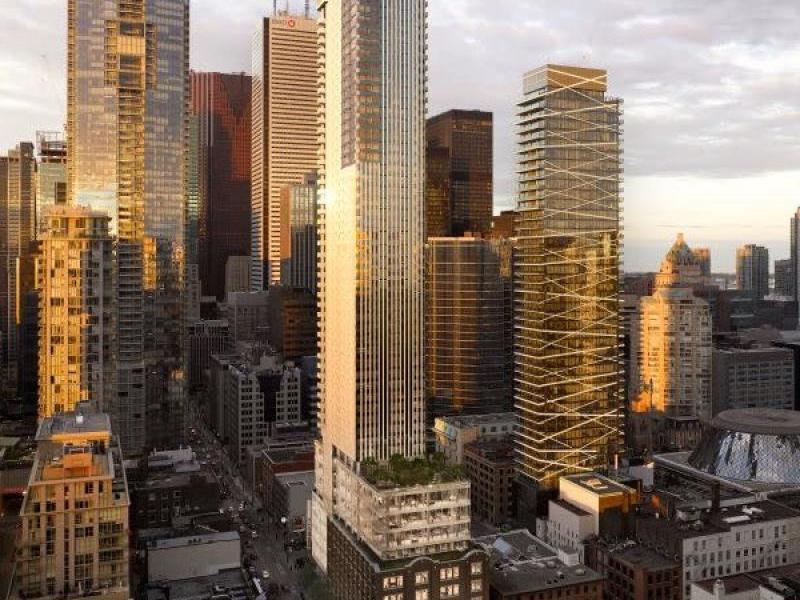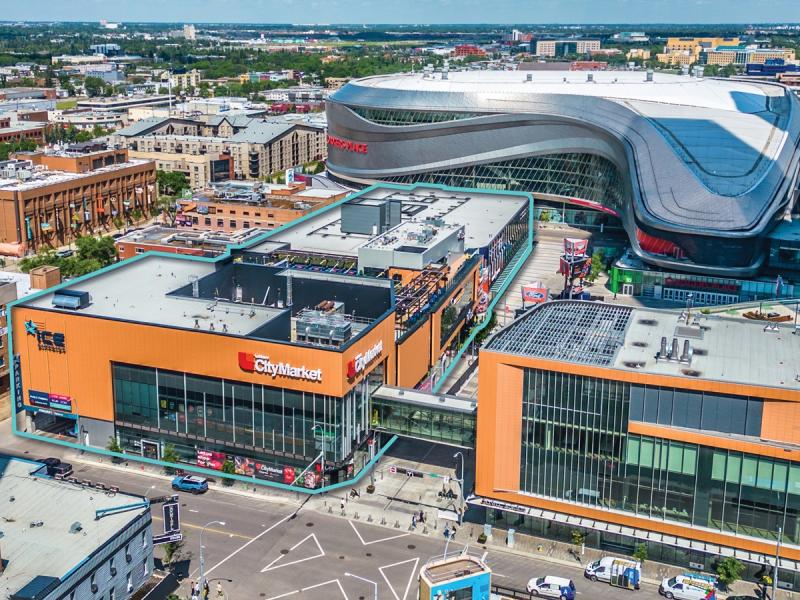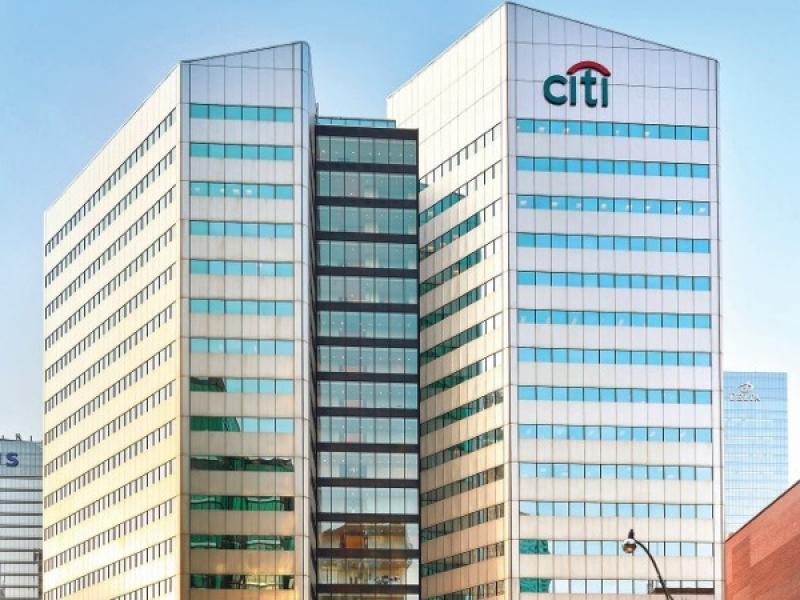Most commercial real estate transaction are negotiated between parties with full disclosure as to the identity of each party.
 So why do offers from buyers sometimes come in undisclosed?
So why do offers from buyers sometimes come in undisclosed?
I don’t work with the Disney Corporation’s real estate division (I wish!) but I can take a guess that when it assembles land adjacent to existing property, it comes in undisclosed.
There is an opportunity for would-be sellers to inflate property values based on the strength and need of the buyer.
A company like Disney is likely able to pay a much bigger buck for land than most other investors. It doesn’t mean it should pay more, though.
The undisclosed buyer approach only works effectively if there is an element of surprise to it. If an adjacent property owner knows a company is short on land, they will likely guess who the buyer is anyway.
In the example of Disney, if it doesn’t already have an abundant inventory of land to develop, there’s a good chance it has missed the boat.
Speculative buyers nearby will have already acquired land accordingly. They may have paid a higher than market value in the first place which would be passed onto Disney if it requires it.
Get in the zone
Undisclosed sales can materialize as a result of low supply and high demand, which can be impacted by the finite nature of zoning and city planning.
Many municipalities will have tracts of land zoned identically. That does not mean all bordering properties are the same, however.
In Saskatoon, for example, 8th Street has a variety of zonings.
The area between Clarence and Cumberland Avenues includes a majority of M1 zoning. The parcels on intersections at both Clarence and Cumberland are B4.
Limited land with specific zoning results in fewer options and higher values.
If a business does not want to incur the hassle of rezoning adjacent property, it might have stronger motivation to pay more on an adjacent parcel already assigned to its use.
In this instance, the company might not want to show its hand, or perceived desperation, to a seller so as to inflate the price further.
Making an entrance
In some cases, the undisclosed offer can come from a company that is protecting itself on both of these fronts.
These are typically national companies which are new to the community and have a desire to set up shop, but want to stay as close to market value as possible. It is prepared to make the investment in coming to town, but only if it fits the value they’ve predetermined to pay.
An undisclosed buyer typically doesn’t stay undisclosed for long. Once an offer is accepted, depending on the negotiation, the purchaser might choose to become more transparent.







